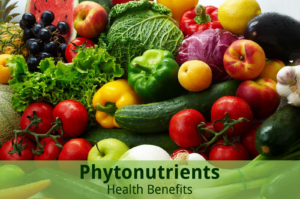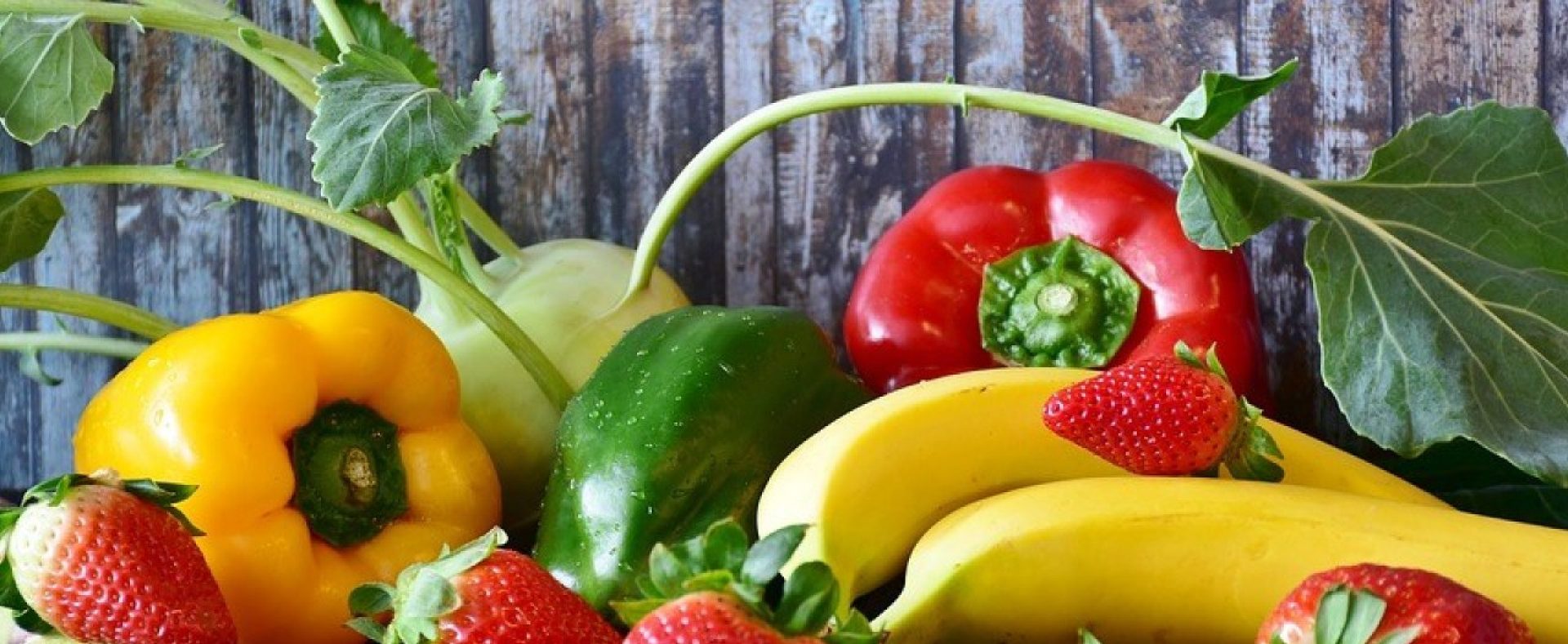
Phytochemicals or Phytonutrients are naturally occurring protective chemicals that are found in foods of plant origin.
Studies show that there may be as many as 100 different Phytochemicals in just one serving of vegetables.
Phytochemicals and health: Evidence has shown that people who consume a diet rich in fruits and vegetables, and therefore in Phytochemicals, have a lower incidence of many disorders, including cardiovascular disease, diabetes, and certain types of cancer. Phytochemicals have an antioxidant effect that protects cells from cancer and cardiovascular disease, as well as from urinary tract infections, rheumatoid arthritis and reduced immunity. Make sure you eat atleast five or six portions of fruits and vegetables daily to get plenty of Phytochemicals.
Different types of Phytochemicals:
Bioflavonoids: These are helpful in the absorption of Vitamin C and protect it from oxidation (damage). Citrus fruits, such as lemons, limes, grapefruit and oranges are particularly good sources of bioflavonoids.
Carotenoids: These may protect against cardiovascular disease. Carotenoids are found in orange fleshed melon, carrots, sweet potatoes, and butternut squash.
Glucosinolates: Found in vegetables, these help the liver in its detoxification function. They help regulate certain white blood cells involved in immunity. They may also help reduce tumour growth, particularly in the breast, liver, colon, lung, stomach and oesophagus.
Organosulphides:These give onions and leeks their pungent odour. They stimulate anti- cancer enzymes, slow the formation of blood clots, and are known to boost the immune system.
Phytoestrogens: These protect the body against cardiovascular disease and osteoporosis. Phytoestrogens may also slow the progressive of cancer. They are found in soya products and linseeds.
Flavonoids: These may protect the body from inflammation, allergic reactions and viral infections. All fruits are good sources.
Indoles: These Phytochemicals are thought to help prevent breast cancer. Found in cruciferous vegetables.
Isoflavones: These may inhibit oestrogen – promoted cancers and lower high blood cholesterol. Found in chickpeas, soy products and edamame.
Limonoids: Found in the peel of Citrus fruits, these Phytochemicals appear to protect lung tissue.
Lycopene: Found in tomatoes, this may protect against cancers of the cervix, stomach, bladder, colon and prostate, as well as cardiovascular disease.
Para-coumaric acid: This Phytochemical helps prevent cancer by interfering with the development of cancer – causing nitrosamines in the stomach. Apples, grapes, pears, potatoes and onions are good sources.
Phenols and polyphenol: These protect plants from chemical damage and perform the same function in humans. Found in tea, polyphenol is thought to protect against stomach cancer.
Phytosterois: These include stanols, which can reduce the absorption of cholesterol from the diet and therefore lower cholesterol levels in the blood. Stanols are found in soya products and fortified margarine.
Terpenes: These may block action of cancer – causing factors ( carcinogens) and may inhibit hormone related cancers such as ovarian cancer. Food sources are apples, pears, mangoes, spices such as cinnamon, basil and thyme.
Good sources of Phytochemicals also include whole grains, brussels sprouts, cauliflower, garlic, dark green leafy vegetables and wine. In addition to all the above.
Please include all these foods in your diet to reduce the risk of various diseases.
All the best and happy healing from Naturally Dimpi !

